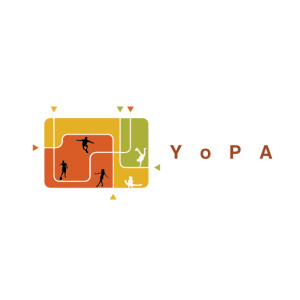 \
&
Contact us
\
&
Contact us
 \
&
Contact us
\
&
Contact us
Published on | 3 years ago
Last updated on | 3 weeks ago

ann.vanhauwaert@fwo.be
Costs for goods and services which are produced or provided within the beneficiary’s organisation directly for the action on the basis of its usual cost accounting practices
Examples:
AMGA H2020 (from 27.02.2017 onwards)– art. 6.2.D.5 (in version 5.2-26 June 2019 – page 101)
We offer news and event updates, covering all domains and topics of Horizon Europe, Digital Europe & EDF (and occasionally, for ongoing projects, Horizon 2020).
Stay informed about what matters to you.
By signing up, you can opt in for e-mail notifications and get access to
a personalised dashboard that groups all news updates and event announcements in your domain(s).
Only for stakeholders located in Flanders

The YoPA project, ‘a youth-centred preventive action approach towards co-created implementation of socially and physically activating environmental interventions’ obtained funding from Horizon Europe’s Health Cluster. The project addresses the multifaceted challenges of physical inactivity and health inequalities through a unique participatory approach. The project places teenagers between 12 and 18 years old in vulnerable situations at the forefront of the intervention process. The Institute of Tropical Medicine is a partner in the project and will conduct a Realist Evaluation to understand how youth co-creation contributes to improved adolescent health and well-being in four cities in Denmark, Netherlands, Nigeria and South Africa. By integrating its results and sharing its approach in an open access Toolbox, ITM aims to contribute to fostering sustainable, youth-led solutions for healthier urban environments.